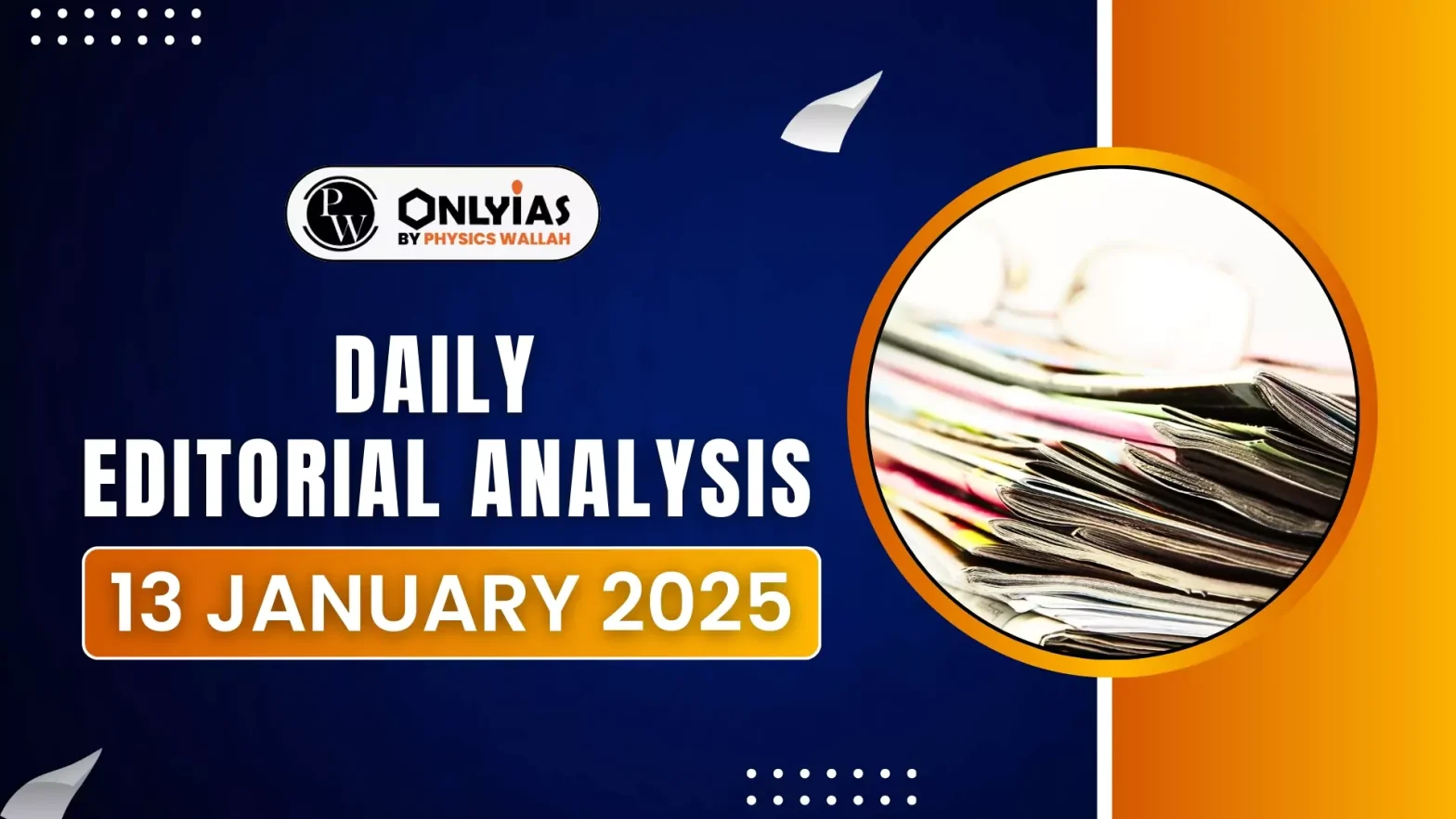India’s growing global stature demands a more robust Ministry of External Affairs (MEA). However, chronic understaffing hinders its ability to meet evolving diplomatic challenges effectively.
India’s Global Rise
- Foreign Policy Success: India is on the rise, thanks to its consistent economic growth (V shaped recovery) , political stability, and a bold, autonomous foreign policy.
- Whether it is the success of its G20 presidency, its strategic autonomy during the Russia-Ukraine conflict
- Its leadership in vaccine diplomacy during COVID-19, or its initiative in voicing the concerns of the Global South, India has established itself as a major player in global affairs
- Gaps in the MEA: The Ministry of External Affairs must adapt to meet new-era demands like Staffing inadequacies, Structural inefficiencies and Operational limitations.
Enroll now for UPSC Online Course
Challenges associated with Ministry of External Affairs
- Inadequate Staffing: The MEA is staffed with about 850 Indian Foreign Service (IFS) officers tasked with formulating and executing foreign policy across 193 embassies and consulates worldwide.
- While the annual intake of IFS officers has increased from 12-14 to 32-35 in recent years, it remains grossly inadequate.
- Global Comparison: Comparatively, the U.S. has around 14,500 foreign service officers; the U.K., 4,600; and Russia around 4,500 officers.
- Challenges in Territorial Divisions: India’s immediate neighbourhood managed by four separate divisions:
- PAI Division (Pakistan, Afghanistan, and Iran)
- BM Division (Bangladesh and Myanmar)
- Northern Division (Nepal and Bhutan)
- IOR Division (Sri Lanka, Maldives, and other Indian Ocean nations)
- Oversight risks: While inputs from these are collated at higher levels, such fragmentation increases the risk of oversight and hinders cohesive regional engagement.
- Misalignments in Regional Divisions: Gulf Division oversees eight Gulf countries WANA Division handles the rest of West Asia and North Africa. Türkiye is managed by the Central Europe Division. Iran falls under the PAI Division.
- Housing challenges: While officers posted abroad enjoy substantial financial and administrative support, their counterparts in Delhi face significant challenges. Housing facilities have improved, but are still inadequate to accommodate the growing cadre.
- Limited Financial Incentives: Furthermore, financial incentives and allowances for officers posted in India are limited, making domestic postings less appealing than foreign assignments.
- Rotational Posting system: Language skills are often underutilised due to the rotational posting system. Officers’ language training does not always align with subsequent assignments, diminishing long-term benefits.
Reforms Needed
- Lateral Hirings: Given the current intake rate, India would require decades to reach an optimal workforce of 1,500 officers.
- To address this challenge, the Ministry should consider lateral hiring and absorbing officers from other government services, including defence personnel with experience as defence attachés and academics specialising in international relations
- Stringent selection criteria: Such recruitment should be subject to stringent selection criteria and probation periods to ensure quality. Additionally, consultants could be engaged for specialised roles
- Specialised Consultants: Engage experts for specific roles, addressing the “stop-gap” perception.
- Structural Reorganization: The MEA’s internal structure requires reorganisation to reduce fragmentation and improve coordination.
- Need for integrated approach: Many misalignments in regions divisions highlight the need for restructuring and consolidating divisions to create a more efficient and integrated approach.
- Creating better infrastructure: Providing better housing, medical coverage, and educational facilities for their families could work wonders for the morale of these officers. Also, offering financial incentives for Delhi postings could help.
- Leveraging Language skills: At least one language-trained officer should be posted in each embassy to reduce dependence on interpreters. Often, in tricky negotiations, language skills have proved to be a game changer, and the Ministry could leverage this aspect.
- Encouraging Specialisation: Moreover, as officers progress in their careers, they should be encouraged to become specialists or subject matter experts.
- Building Capacity in Emerging Technologies: Hire domain specialists in cybersecurity, space policy, and AI to focus on these technical areas. IFS officers should concentrate on core responsibilities, not technical specialisations.
Steps taken by the Government
- New Divisions and Initiatives: Establishment of Policy, Planning and Research, and Centre for Contemporary China Studies.
- Leadership: Dr. Jaishankar’s dynamic leadership drives innovation and assertiveness in foreign policy.
- Alignment: Focus on aligning foreign policy with India’s goal of becoming a ‘Viksit Bharat’ (Developed India).
Check Out UPSC CSE Books From PW Store
Conclusion
As India moves towards its 100 years of independence in 2047, its foreign policy must evolve in tandem with its global ambitions.
![]() 13 Jan 2025
13 Jan 2025
